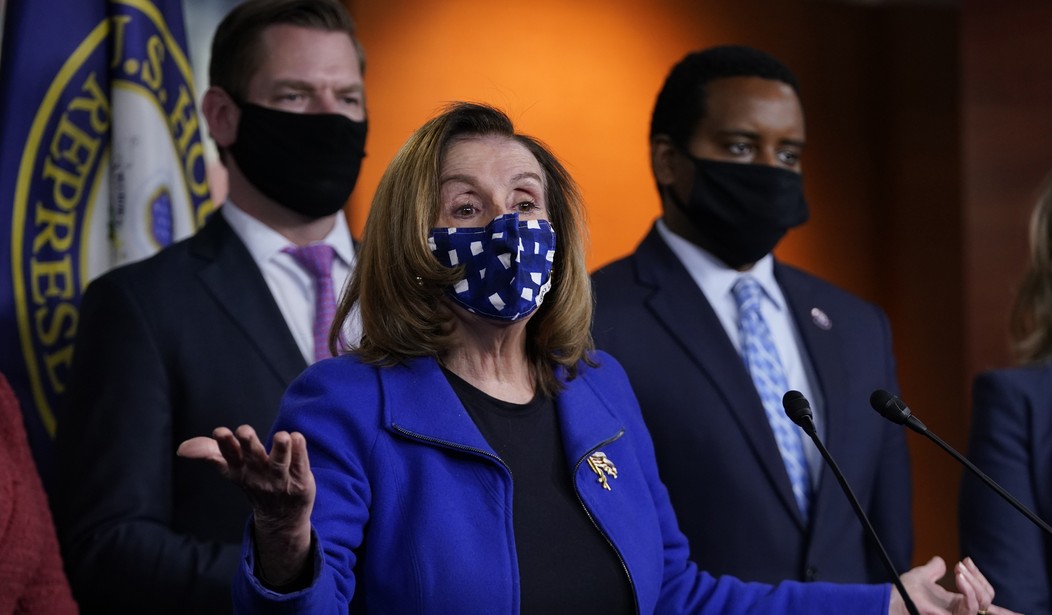The egregiously mislabeled “Freedom From Influence Fund” is a prime example of how the left is trying to rig the political system under the guise of “fairness.”
The Fund is buried within a mammoth legislative monstrosity called HR 1, which is best known as the vehicle for a leftist wish list of election reforms that would effectively create permanent one-party rule by the Democrats.
HR 1 also includes a number of provisions targeting perceived problems that plagued progressive minds throughout Donald Trump’s presidency, such as a requirement that presidential candidates disclose their tax returns and extensive efforts to prevent the sort of “foreign interference” that many leftists still blame for Hillary Clinton’s defeat in 2016.
The latter effort appears particularly disingenuous in light of the enormous electoral vulnerability created by the Freedom From Influence Fund, which establishes a 600 percent federal match for campaign contributions up to $200 — which just so happens to be the threshold for public disclosure of individual campaign contributions. This means that a $200 contribution automatically becomes a $1,200 contribution without subjecting the donor to the scrutiny of being listed in public records.
ActBlue — the Democratic fundraising machine that raised over $5 billion in the 2020 election cycle — is keenly aware of that threshold. As I’ve written before, ActBlue reports that the majority of its donors contribute $100 or less, and it has worked out special arrangements with banks allowing it to process donations without verifying the donor’s identity. As long as an individual donor’s total contributions to any given candidate amount to $200 or less, ActBlue can pretty much guarantee total anonymity.
Recommended
This opens the door to potentially massive laundering, since it would be impossible for anyone to know if ActBlue contributors were breaking large donations down into multiple smaller donations, or even if the organization was receiving money from foreign nationals, which would be an egregious violation of campaign finance laws.
There’s ample evidence that something fishy is going on. Last year, The Amistad Project participated in a forensic analysis showing that 48.4 percent of ActBlue’s donors were unemployed. That figure contrasts sharply with the Republican counterpart to ActBlue, WinRed, which reports that just 4.1 percent of its donors were unemployed, roughly in line with the national unemployment rate at the time.
ActBlue’s secretive setup raised bipartisan concern when it was first revealed. But after taking some initial steps to curb the practice under pressure from both lawmakers and banks, ActBlue soon reverted to its old ways, protected by the partisan defeat of legislation to close its fundraising loophole.
The so-called “Freedom From Influence Fund” envisioned by the sponsors of HR 1 would dramatically increase ActBlue’s ability to fund progressive candidates, multiplying most of its donations sixfold with money from the federal government.
If ActBlue’s anonymized transactions really are being used to disguise large-dollar donations or political contributions from foreign sources, then HR 1 would make the federal government into a willing accessory. Worse, it would directly facilitate foreign manipulation of our elections while pretending to fight foreign interference.
America’s elections should not be for sale, but HR 1 would put them in the Chinese classifieds.
Phill Kline is the Former Kansas Attorney General. He currently serves as Pulpit Pastor of Amherst Baptist Church, a law school professor, and director of the Amistad Project of The Thomas More Society.























Join the conversation as a VIP Member